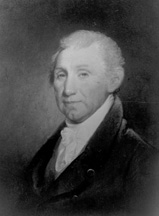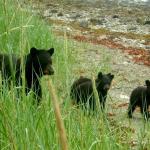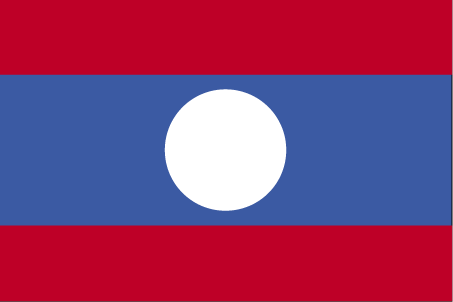Peter Carl Goldmark (born Budapest, Hungary, 1906; died Westchester, New York, December 7, 1977) invented long-playing records and color television.
Don Lessem (born 1951) is a children’s author and dinosaur aficionado. He has written at least 50 science books, including Feathered Dinosaurs and Great Plant-Eating Dinosaurs. Children could visit his website, loaded with information about dinosaurs, at: Don Lessem.
David Macaulay (born Burton-on-Trent, United Kingdom, 1946) has written and illustrated at least 30 books for children. He received a 1974 Caldecott Honor Award for Castle: The Story of Its Construction. He earned the 1978 Caldecott Medal for Castle and the 1991 Caldecott Medal for Black and White. Idea: Macaulay’s Motel of the Mysteries is great fun to read. He makes fun of the conclusions archeologists sometimes make. Enjoy the book with the children. Then see if they can think of other “artifacts,” draw and label them Motel of the Mysteries style. Children could view his very interesting TED talk at: David Macauley.
Georges Pierre Seurat (born Paris, France, 1859; died Paris, France, March 29, 1891) was a painter who developed pointillism. Rather than painting with brush strokes, Seurat made dots of paint side by side. When the viewer stepped away from the artwork, images appeared. One of his most famous works is Sunday Afternoon on the Island of the Grand Jatte, painted in 1886. Children can view some of his works at: Georges Pierre Seurat. Children can make great pointillism works. Markers with angled tips seem to work best. Remember to place scrap paper under the art paper.

 Glacier Bay National Park and Preserve was formed in 1980. Visitors can view tidewater glaciers and both brown and black bears at this 3.3 million acre park in Alaska. Children could visit the National Park website that provides outstanding etours, children’s activities, and even coloring sheets at:
Glacier Bay National Park and Preserve was formed in 1980. Visitors can view tidewater glaciers and both brown and black bears at this 3.3 million acre park in Alaska. Children could visit the National Park website that provides outstanding etours, children’s activities, and even coloring sheets at: 


